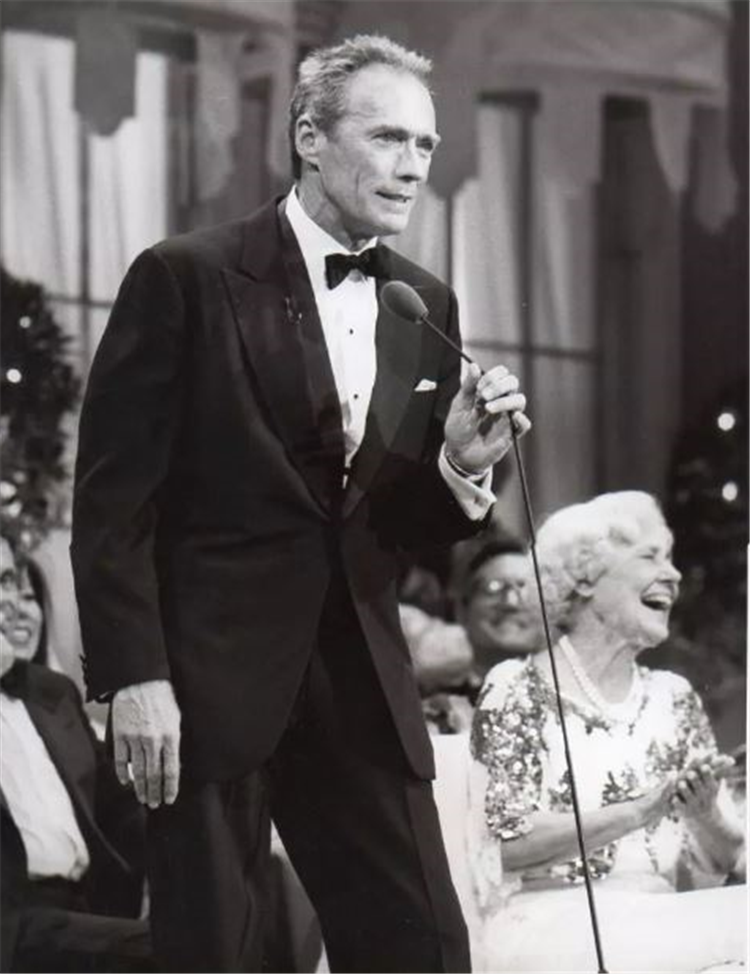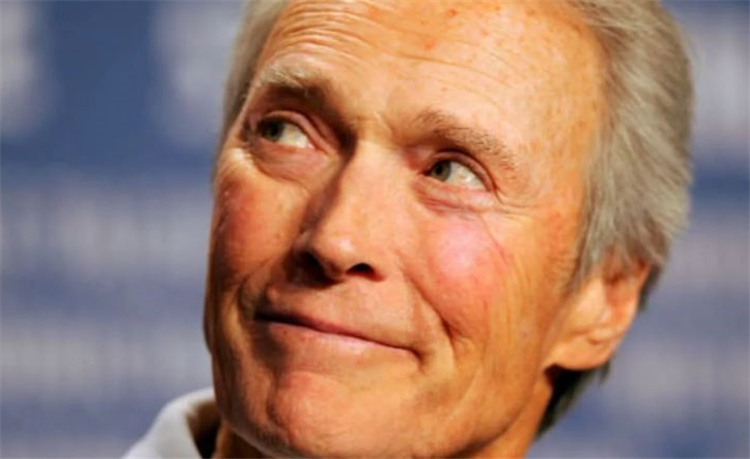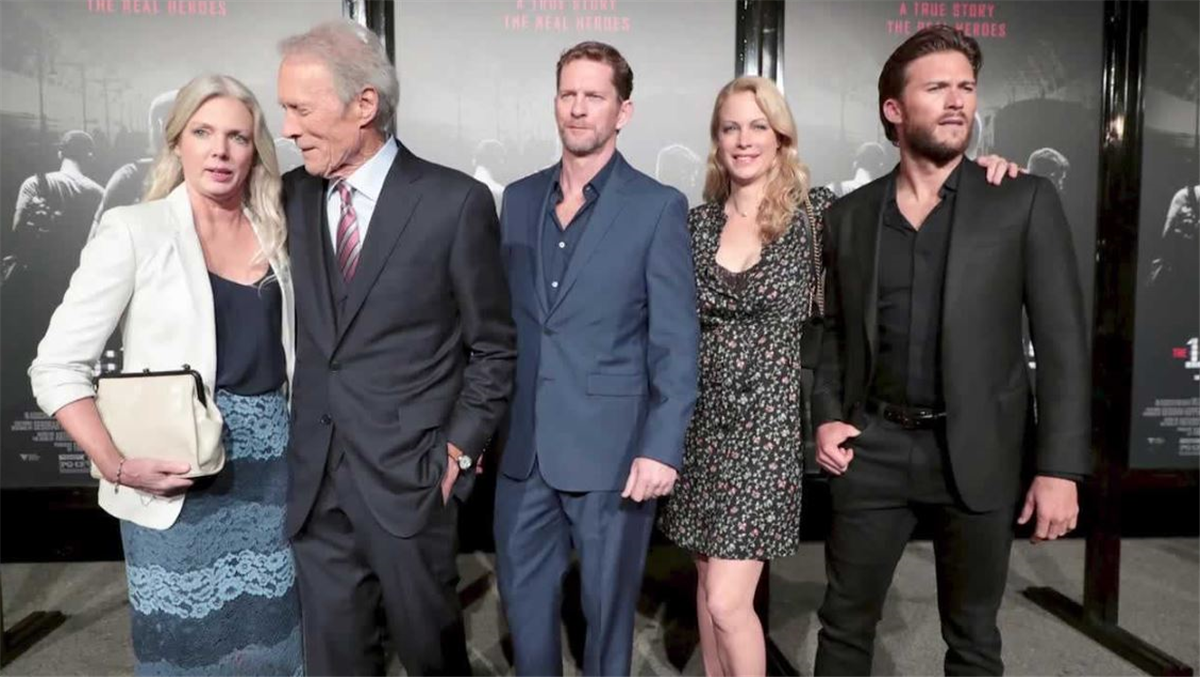Thanks to his enduring status as one of American cinema’s most towering figures and a timeless icon of Hollywood, plenty of ingredients were thrown into the melting pot to create the mythology of Clint Eastwood.
There’s the grizzled charisma that he’s possessed since his 30s that’s only become more pronounced and effective with the passage of time, that steely gaze that could burn a hole through anyone unfortunate enough to be on the opposite side of it, and his ability to get a point across better with a single movement or gesture than a long-winded monologue could ever hope to achieve.
That’s just in front of the camera, with Eastwood the filmmaker having his own set of distinct traits. As a director, he works with the minimum of fuss and can always be relied upon to bring a production in on time and on budget, with his economical style ensuring that he’s been able to helm more than one movie per year on a number of occasions.

One recurring theme to emerge from a prolific sideline that’s yielded 40 features in half a century is that Eastwood isn’t someone who shoots any more takes than necessary. At a push, he’ll maybe let his actors stretch things as far as two, but for the most part, he’s a one-and-done kind of guy.
At least, that’s the way so many of his collaborators have put it, with Ridley Scott even using it as a means to fire a shot across the bows when he bragged about letting Matt Damon, who’d worked with Eastwood on Invictus and Hereafter, have two takes on The Martian. Despite becoming such a key part of his mythology, the four-time Academy Award winner bristles at the mere suggestion.
“Everybody keeps saying, ‘Well, he only does one take’. Even if that were true, I don’t like the reputation,” he told the Directors Guild of America. “I don’t think anybody likes that efficiency label. What I like is to be efficient with the storytelling. To me, it’s whatever it takes to do the job. I’m not out to save a buck. We’ve budgeted a film, and it will live within the budget, that’s for sure.”

He may not be too fond of being labelled as a one-take director, but it’s something he brought on himself. There’s nobody else to blame for Eastwood favouring a no-nonsense approach that captures a setup as quickly as possible before moving on to the next one than Eastwood, so it’s nothing if not odd that he doesn’t like the tag.
Then again, he’s not doing it for the sake of maintaining airs and graces; he’s competent enough as a filmmaker to know whether or not his cast has done what was needed on the first try, and if he thinks they have, then there’s no real reason to it over and over again.
